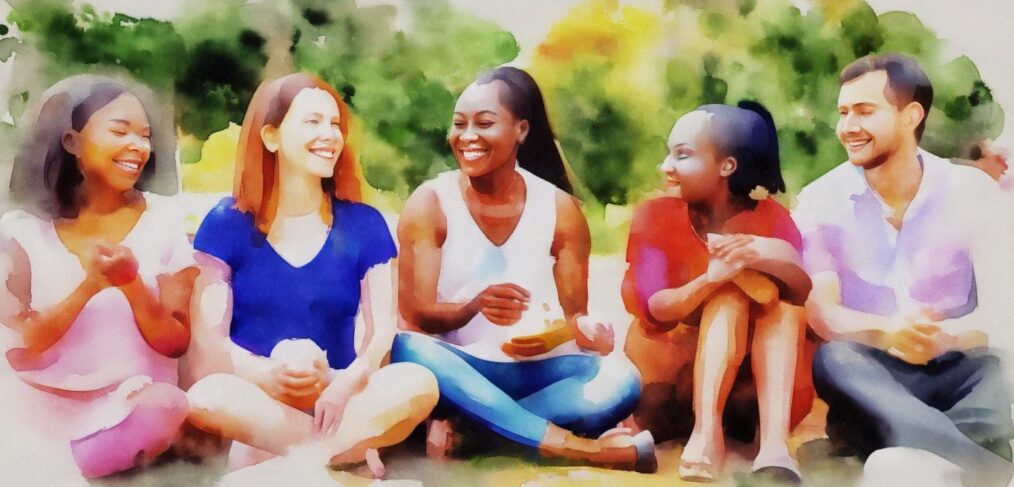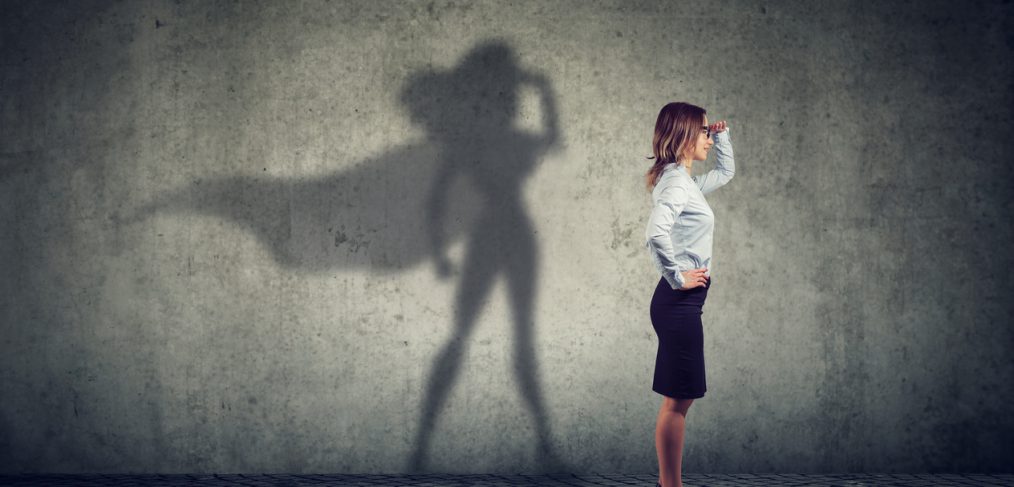I’ve seen a lot of examples of hypocrisy in recent years—people preaching about ideals then completely failing, in their words and actions, to live up to those ideals. Of course, none of us is perfect. Failing to live up to your vision for yourself and your life is not inherently hypocritical, and it’s good to have aspirational ideals—ideals you hope and plan to live up to. It’s entirely different to espouse an ideal and live your life completely contrary to it because it’s convenient or beneficial.
What is the best thing that could happen?
When an opportunity or a challenge arises, do you first consider the risks or the potential rewards? Both are important, but you will likely give one or the other more sway in your thought process. In some decisions, the risks or downsides are evident and significant; it is never logical to deny the existence of the risks. However, the focus should be squarely on the upside in instances where the rewards outweigh or are worth the risks. A “best thing” mindset can keep you focused on the upside of situations while giving sufficient attention to the potential downside.
Having a meaningful life involves caring deeply about our passions and perspectives. The causes we work toward and the effort we put in toward our goals can define who we are. These thoughts and actions are aligned with our values and consistent with our worldview, and it can become very hard to hear anything that goes against them.
When our causes or our work become part of our identity or the basis for how we interact with people, it can be all too easy to take ourselves too seriously and not be open-minded to others’ perspectives and opinions. We want everyone to agree with us and be supportive of what we are trying to achieve, but of course it doesn’t always work that way.
When we go through life with the expectation that everyone we come across should be as passionate as we are, care about the same things we care about, and be interested in everything we have to say, not only will we be disappointed, but we will also come across as arrogant or a know-it-all.
That little voice inside your head? What guff has that guy been feeding you now?
When you’re thinking about your dreams and aspirations, you might discuss them with your friends, your family, or your parents. These people might tell you that you can do anything you set your mind to, or they might tell you not to try so you won’t be disappointed. They may have your best interest at heart, or they may have ulterior motives.
But the bottom line is that they don’t know you the way you know you.
Throughout your life, you will get a lot of advice. Some of it will be awful. Some of it will be right on the money. Some will be unsolicited, from passing acquaintances, and some welcome, from people who know you well.
But none of it will be from the most knowledgeable perspective. That perspective is yours and yours alone.
For me, one of the most interesting times in life is buying a plane ticket. Seems pretty straightforward, but to me that’s an exciting moment—one filled with the promise of adventure.
When buying plane tickets, many people buy the nonrefundable kind because they’re cheaper. When we click that button, we’re making a commitment to the trip and all it entails. We’re taking a leap of faith. We have faith that our seat will be there, that the plane will get us where we’re going, that the 1,001 arrangements we made will pan out. Maybe it’s commitment to having a good time or to achieving a goal.
In all of our lives, we don’t personally handle all the details. In the simplest transactions, we take many things on faith. When we do something as basic as buying milk, we assume that it was properly handled, that it was processed correctly, that the date stamp is right. We don’t check each of these things. We are making a leap of faith, and we are leaping every day.





